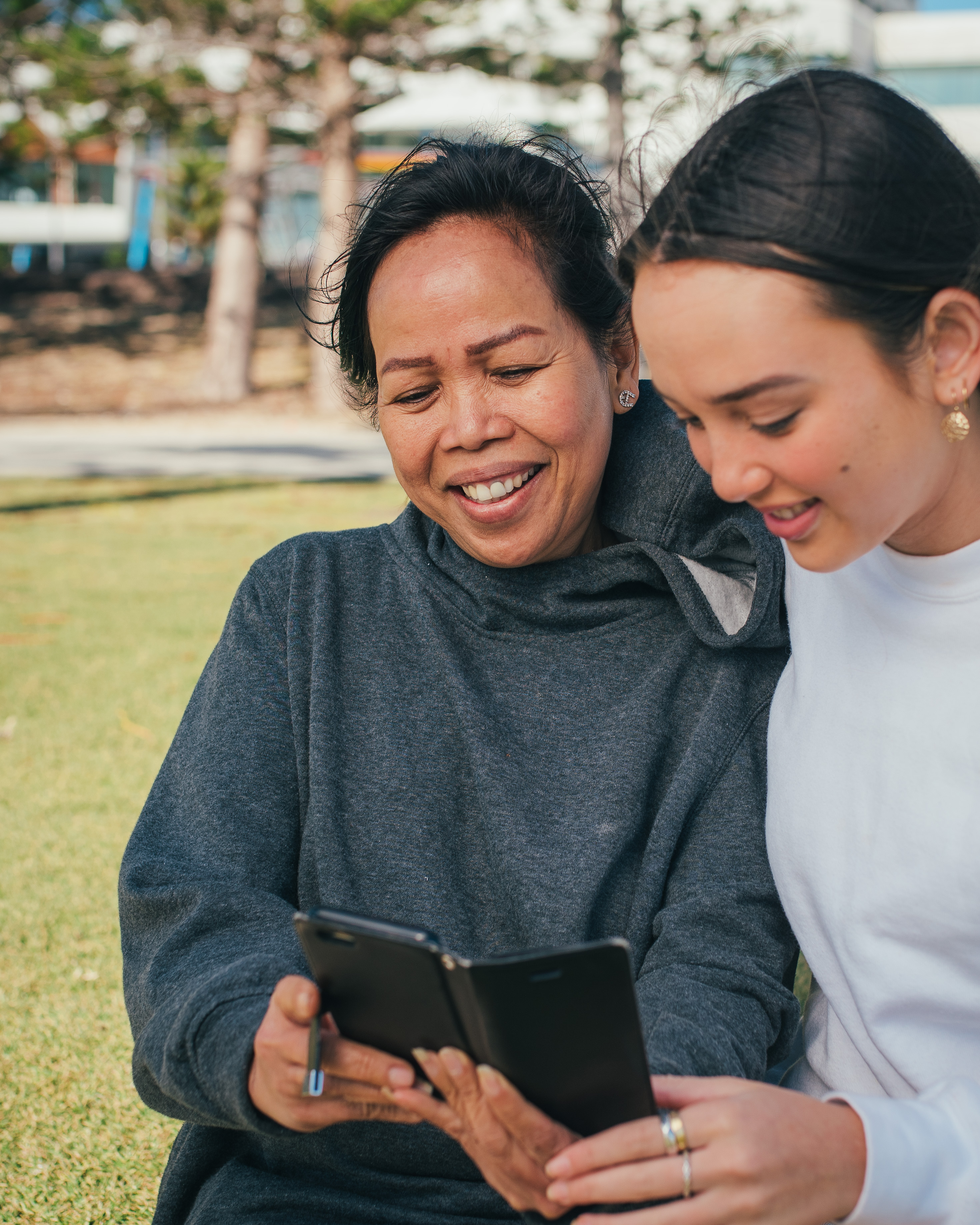Breadcrumb
Keeping children safe
Keeping children safe
Navigation Menu
Asset Publisher
Online behaviour and safety

In this section
Online behaviour and safety
Kids’ online activities change as they get older, and the proportion of children identifying things that bother them online rises quickly between the ages of 9 to 13 years.
Children and teenagers will look up information about growing up, sexual development and/or sex.
Teenagers want to belong and connect and social media is central to their cultures.
They may have close calls with ‘creeps’ who try to make contact with them, but most of their contacts and challenges will be with local friends.

Research shows
A recent international survey involving 10,000 children aged 9 to 16 years asked,
What bothers you online?4
Children aged over 13 said the most troubling thing was...other people's behaviour (usually friends and peers).
The number one concern among children as they reached high school...
other people saying mean things.
Younger children were more concerned about...
seeing pornography
violent news content.
What you can do to help
- Start the conversation about respectful behaviour online.
- Build your child’s empathy by asking how they think they would feel if an embarrassing photo (pic) of them was posted, or a nasty comment made.
- Teach kids to say kind (rather than unkind) things online.
- Discuss with them how being the subject of harassment and bullying is not the victim’s fault.
- Ask how they stay safe online.
- Make sure your child knows not to give personal details online (even a photo in school uniform can give away their location).
- Ask if they know where to go for help and where to find safety advice.
- Show them how to use privacy settings and how to use the report or block functions on services they use.
- Help them bookmark the good stuff and block the bad stuff online.
- Tell them what is OK and not OK to share.
- Discuss with them how no photos or videos can be taken of someone else and posted online without that person’s consent.
- Tell them not to use their phones to take photos or videos of other people in private spaces such as bathrooms and changing rooms.
- If your child tells you they have seen porn or violence on-screen – remain calm. Praise them for telling you about it. If you explode and ban all access they won’t tell you next time.
-
Visit esafety.gov.au for lots of parent-friendly resources and advice on Internet safety.
It’s so easy to come across things (online) by accident – even with all of the safety filters. I think the best thing we can do is make sure our kids can come to us if they come across anything that worries them.
Parent of girl 7
Kids' rules for online communication
My online communication checklist☑ I will not share my personal details (e.g. my school or address).
☑ I will not send unkind messages.
☑ I will not take or share photos (of any kind) without the other person's knowledge or consent.
☑ I will not send sexual comments, pics or videos.
☑ If I receive sexual content, I will tell a trusted adult and delete the content.
☑ If I come across anything worrying, I will tell a trusted adult.
Read next:
Related content:
You might also be interested in:
